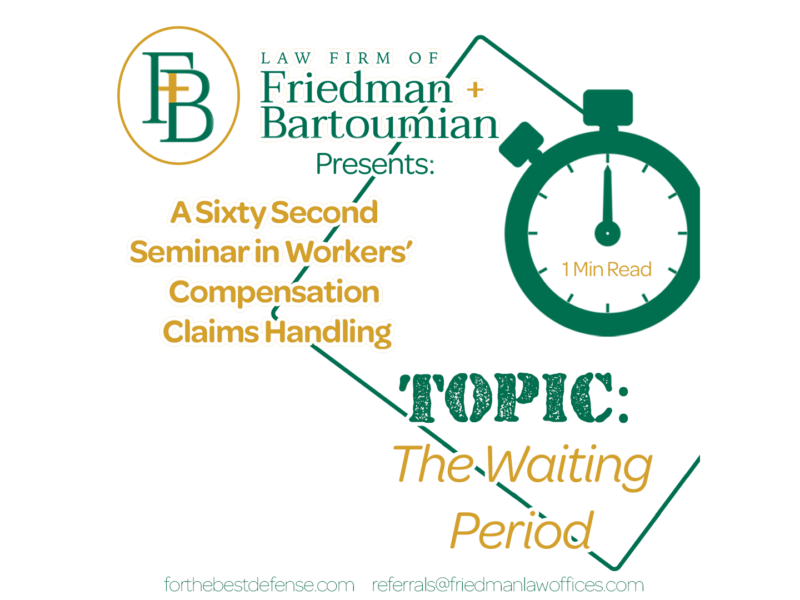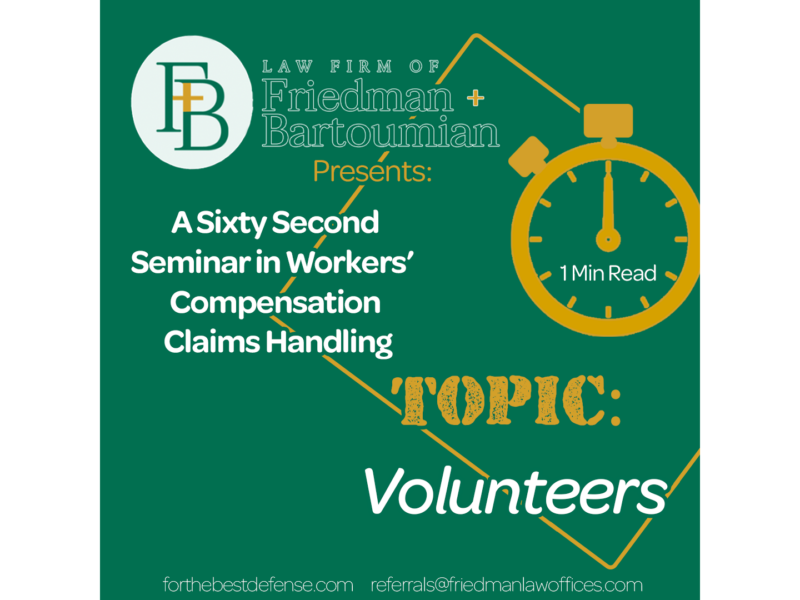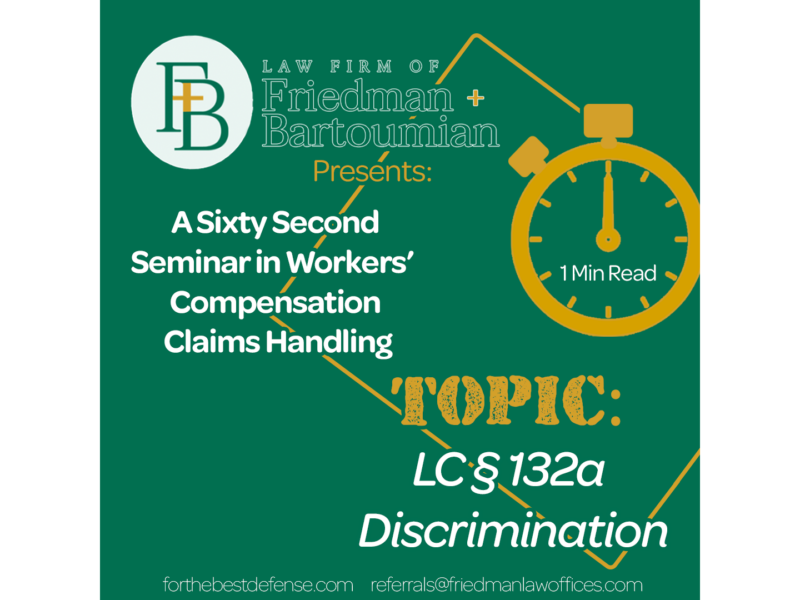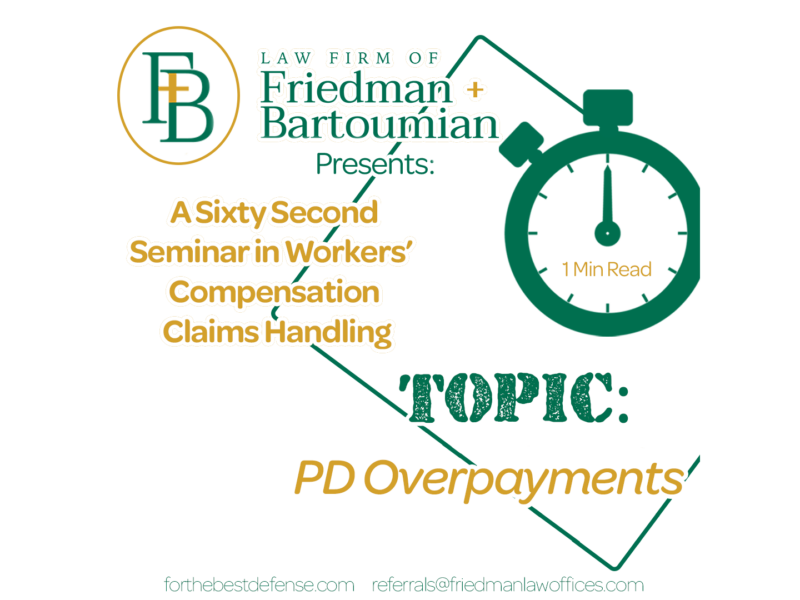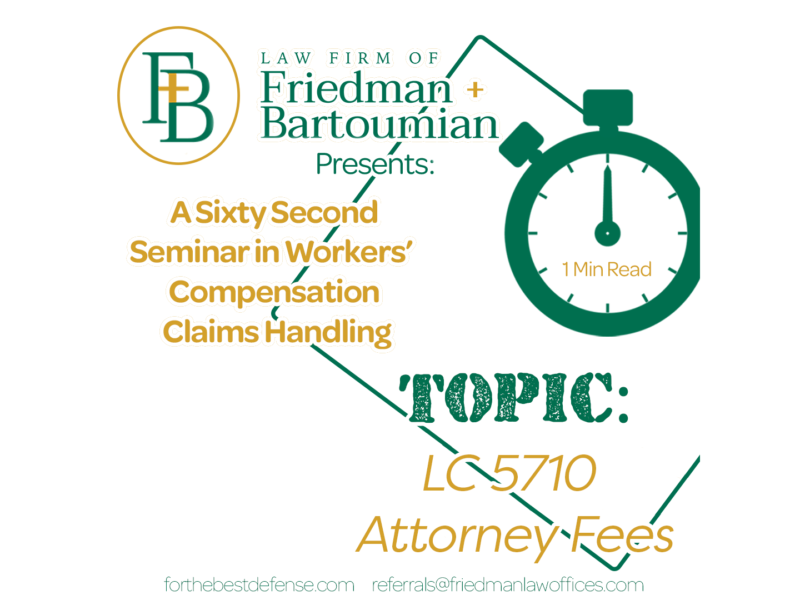Surprisingly, workers’ compensation claims professionals continue to encounter problems administering the three-day temporary disability waiting period. One misunderstanding concern whether the waiting period is applied or waived when an injured worker returns to work on light duty at half-days immediately following an injury. In our blog today we will tackle some of the basic questions …
The Waiting Period: A 60-Second Seminar in Workers’ Compensation Claims HandlingRead More

